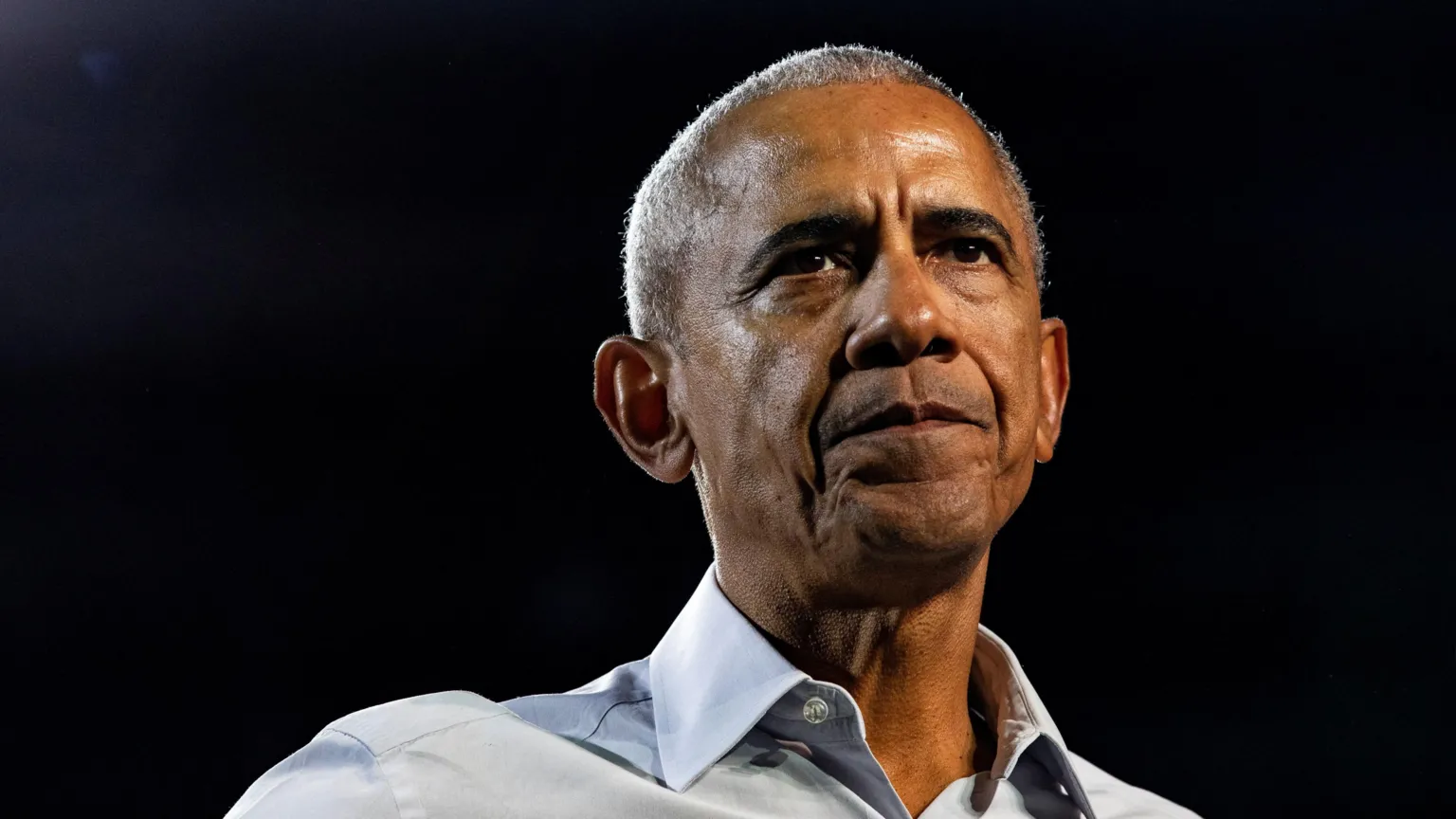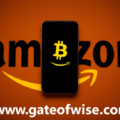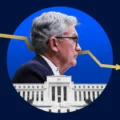The long-standing tug-of-war between gold and Bitcoin has flared up again, renewing questions about which asset offers greater long-term security. Veteran gold defender Peter Schiff has doubled down on his critique of Bitcoin, while Bloomberg’s Mike McGlone is raising caution about the risks digital assets face if markets stumble.
Schiff: Gold Holds the Safe-Haven Crown
Schiff maintains that Bitcoin’s supposed strength fades once measured against gold. Despite Bitcoin reaching new nominal highs, its value relative to gold has slid sharply. From August 12, when Bitcoin equated to 37.2 ounces of gold, the ratio has dropped 18%, brushing bear market territory and still trailing its 2021 peak by nearly 16%.
“Bitcoin may be setting records in dollar terms, but compared to gold its weakness is clear,” Schiff argued. “Gold remains the ultimate safe haven.”
Even as Bitcoin touched $110,000, gold outpaced it across multiple timelines. TradingView data shows gold rising 36% year-to-date, 42% over the past year, and more than 85% over five years solidifying its reputation as a dependable store of value.
Bitcoin’s Volatility Stays in Focus
Often dubbed “digital gold,” Bitcoin commands global recognition yet remains tied to sharp swings. Currently near $110,200, it has gained 18% in 2025, 36% over six months, and nearly doubled over the past year. But in shorter stretches, weakness has crept in: down 0.46% in 24 hours and 4% in the past month.
The split is stark gold offers steady growth, while Bitcoin delivers dramatic surges and sharp pullbacks. Conservative investors lean toward gold’s stability, while those chasing outsized gains embrace Bitcoin’s volatility.
McGlone: Scarcity Doesn’t Eliminate Risk
Bloomberg strategist Mike McGlone added perspective, noting that Bitcoin’s fixed cap of 21 million coins doesn’t shield it from systemic risks. “Back in 2009, there was only one cryptocurrency. Now there are over 21 million tokens,” he said.
The glut of digital assets, he argued, undermines scarcity’s advantage. He warned that in the event of a U.S. market downturn, Bitcoin and its peers could plunge rapidly: “Digital assets could lose a zero faster than they gained one since 2020.”
Gold vs. Bitcoin in the Investor Landscape
The clash between Schiff’s confidence in gold and McGlone’s cautionary outlook on crypto reflects the broader struggle for investors. Gold offers centuries of proven stability, while Bitcoin represents a decentralized alternative with potential for massive upside.
Some investors are opting for both. Robert Kiyosaki, for example, holds Bitcoin but continues to champion gold and silver showing how the two can complement one another as hedges against inflation and economic shocks.
Why Gold Still Anchors Portfolios
Gold’s safe-haven status is reinforced by its performance across financial cycles. Lacking counterparty risk and supported by central bank reserves, the metal remains a bedrock asset. With geopolitical tensions and inflation lingering, its steady climb reassures those wary of volatility elsewhere.
Bitcoin’s Case for the Future
Despite volatility, Bitcoin’s evolution from a 2009 experiment to a trillion-dollar asset is undeniable. Supporters view its capped supply and expanding adoption as a hedge against fiat currency erosion. From ETFs to sovereign-level adoption, Bitcoin is carving a role in mainstream finance.
Advocates liken Bitcoin’s path to the internet’s early years: turbulent, but ultimately transformative.
The Investor’s Balancing Act
For investors, the choice boils down to appetite for risk. Gold favors preservation, Bitcoin favors growth. Yet experts caution against an all-or-nothing stance. A diversified approach holding both may balance stability with upside.
Conclusion: An Ongoing Debate
The gold-versus-Bitcoin standoff shows no signs of resolution. Schiff insists gold remains unrivaled, McGlone flags crypto’s systemic risks, and Bitcoin’s advocates continue pointing to its transformative growth.
The lesson for investors: focus on diversification, risk management, and aligning strategies with personal goals. In a world of evolving finance, the debate itself may matter less than how investors navigate both assets together.


























3565su
ifqe7d
65gyqv